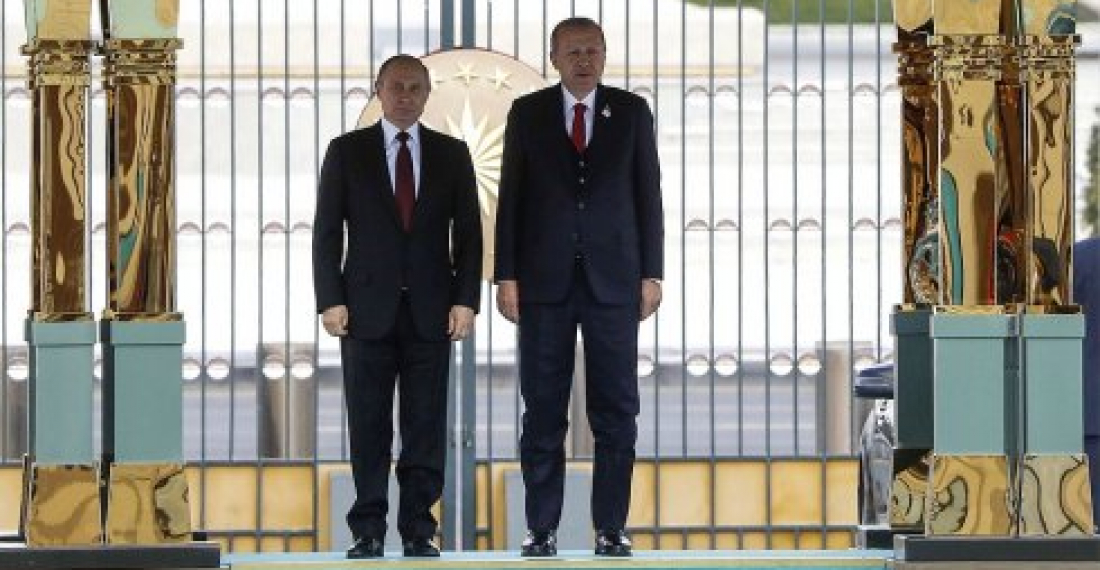The President of Russia, Vladimir Putin, and the President of Turkey, Recip Tayip Erdogan, held a telephone conversation on Monday (27 July) to discuss the situation in the South Caucasus, and particularly the recent border inbcidents between Armenia and Azerbaijan. The phone conversation was initiated by the Turkish side.
The Kremlin web site said that "the Presidents exchanged opinions on the developments in the Trans Caucasus related to the aggravation of the situation on the Armenian-Azerbaijani border. Vladimir Putin stressed the importance of preventing any steps that could cause an escalation in tensions. Both presidents spoke in favour of resolving the conflict through peaceful means, through talks."
The Kremlin website added that the two presidents "expressed their interest in coordinating efforts to achieve stabilisation in the region. The two leaders also pointed out the lack of alternatives to a political or diplomatic settlement in the Nagorno-Karabakh conflict, one based on international law, in the interests of both the Armenian and Azerbaijani people."
source: commonspace.eu with kremlin.ru
photo: The presidents of Russia and Turkey (archive picture)






